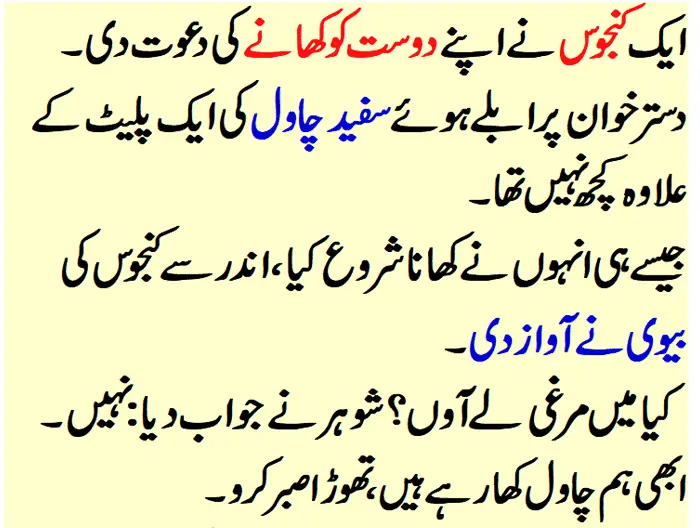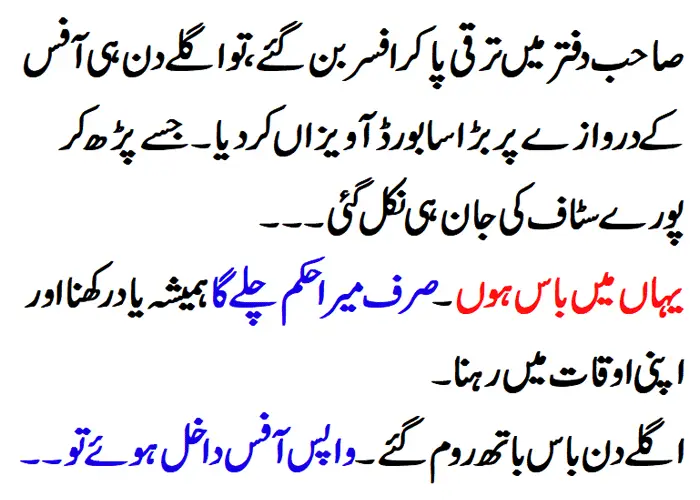
Quality sleep is essential for overall well-being, and what you eat before bed can significantly impact the quality of your sleep. While some foods can promote relaxation and aid in a restful night’s sleep, others can disrupt your sleep patterns and leave you tossing and turning.
Caffeine:
It’s no secret that caffeine is a stimulant that can interfere with sleep. Consuming caffeinated beverages like coffee, tea, and soda close to bedtime can make it challenging to fall asleep and may even lead to frequent awakenings during the night. To promote better sleep, it’s best to limit your caffeine intake in the afternoon and evening hours.


Spicy Foods:
While spicy foods can add flavor to your meals, they can also cause discomfort and disrupt sleep when consumed before bed. Spicy foods can lead to heartburn and indigestion, making it difficult to relax and fall asleep. To avoid these issues, try to avoid spicy dishes in the evening and opt for milder options instead.


Fatty Foods:
Fatty foods can be hard to digest, especially when consumed late at night. Foods high in fat, such as fried foods, rich sauces, and greasy snacks, can sit heavy in your stomach and increase the likelihood of acid reflux and indigestion. To promote better sleep, choose lighter, more easily digestible foods in the hours leading up to bedtime.


Alcohol:
While alcohol may initially make you feel drowsy, it can disrupt your sleep cycle and lead to poor-quality sleep. Alcohol can interfere with the body’s ability to enter into the deeper stages of sleep, resulting in frequent awakenings and a feeling of unrest upon waking. To promote better sleep, it’s best to avoid alcohol in the hours leading up to bedtime.
Sugary Foods:
Consuming sugary foods before bed can cause fluctuations in blood sugar levels, which can disrupt your sleep cycle. Foods high in sugar, such as candy, cookies, and sugary drinks, can lead to spikes and crashes in blood sugar levels, making it difficult to maintain stable sleep throughout the night. To promote better sleep, opt for healthier, low-sugar snacks in the evening.
Heavy, High-Protein Meals:
While protein is an essential nutrient for overall health, consuming heavy, high-protein meals before bed can interfere with sleep. Protein-rich foods can stimulate the production of certain neurotransmitters that promote wakefulness, making it difficult to fall asleep and stay asleep. To promote better sleep, opt for lighter, more balanced meals in the evening.
The Secret to DEEP SLEEP: Eat This 30 Minutes Before Bed | Dr. Mandell
FAQs
FAQ: Can herbal teas help me sleep better?
Answer: Yes, herbal teas like chamomile, valerian root, and passionflower can make you feel calm and sleepy. These teas have stuff that can reduce stress and make you feel ready for bed. But stay away from teas with caffeine, like green or black tea, because they can keep you awake.
FAQ: Are there fruits that can help me sleep?
Answer: Yes, some fruits can help you sleep better. For example, kiwi has good stuff that can help you sleep better and cherries have a thing called melatonin which helps your sleep cycle. Eating these fruits before bed might help you sleep well.
FAQ: Can I eat a little before bed?
Answer: Yes, it’s okay to have a light snack before bed. Try something small with a mix of good stuff like whole-grain crackers with cheese or a banana with some nut butter. These snacks can help you relax and keep your blood sugar steady while you sleep.
FAQ: Do spices in food affect sleep?
Answer: Yes, some spices can affect your sleep. For example, turmeric can help you relax and cinnamon can help keep your blood sugar stable, which might help you sleep better. But don’t eat spicy food right before bed because it can upset your tummy and make it hard to sleep.
FAQ: Does when I eat affect how I sleep?
Answer: Yes, when you eat can change how well you sleep. Eating big meals too close to bedtime can make you feel uncomfortable and make it hard to sleep. It’s best to eat your last meal a few hours before bed and try to eat regularly throughout the day to keep your energy levels steady and sleep better.
The foods you eat before bed can have a significant impact on the quality of your sleep. By avoiding caffeine, spicy foods, fatty foods, alcohol, sugary foods, and heavy, high-protein meals in the hours leading up to bedtime, you can promote better sleep and wake up feeling refreshed and rejuvenated. Prioritizing sleep-friendly foods and making mindful choices about your evening meals can help you achieve optimum sleep and improve your overall well-being.






